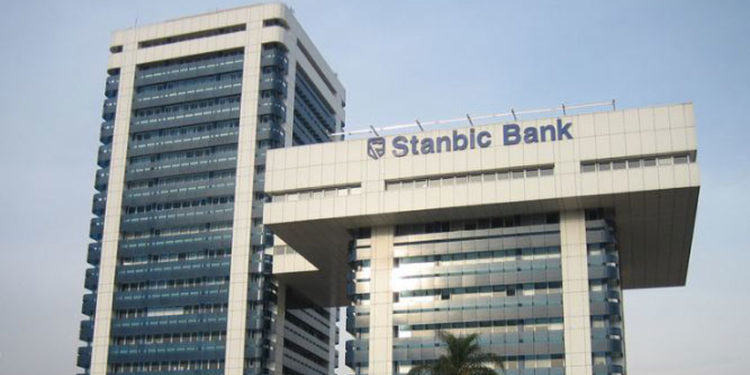In a significant revelation from the latest Stanbic Purchasing Managers’ Index (PMI) survey for the month of July, it has been unveiled that marketing plays a pivotal role in driving sustained growth within Uganda’s private sector.
The survey, conducted by Stanbic Bank Uganda, shed light on the vital connection between effective marketing strategies and the burgeoning success of businesses in the country.
According to the comprehensive report, businesses that focused on implementing robust marketing initiatives witnessed remarkable expansion and resilience amidst prevailing economic challenges.
These marketing-driven enterprises displayed greater adaptability to market fluctuations, heightened customer engagement, and a substantial increase in overall sales.
In July, the PMI remained above 50.0, but it decreased from 56.4 in June to 53.9. The latest survey, which involved approximately 400 respondents, indicates that both output and new orders have been consistently increasing on a monthly basis for the past year.
In light of the increased workloads, companies expanded their workforce and purchasing endeavors. Simultaneously, input costs kept rising, encompassing purchase prices and staff expenses.
Consequently, businesses raised their selling prices. Building materials, food products, and land were among the items frequently cited for experiencing price hikes during the month.
According to Christopher Legilisho, an economist at Stanbic Bank, the private sector in Uganda showed expansion in July, though at a slower pace than in June.
Notably, the economy saw robust output across various sectors, and new export orders grew for the first time in seven months. Employment levels increased for a fourth consecutive month due to strong demand, with new orders attributed to higher customer numbers, client recommendations, quality products, and effective marketing.
The Stanbic PMI is compiled by S and P Global through questionnaires sent to purchasing managers, covering sectors like agriculture, mining, manufacturing, construction, wholesale, retail, and services.
It is a weighted average of five indices: new orders, output, employment, suppliers’ delivery times, and stocks of purchases. A reading above 50.0 indicates an improvement in business conditions compared to the previous month, while below 50.0 indicates deterioration.
The average of the Stanbic PMI series over six years now stands at 52.6. The latest survey period showed price pressures in building materials, electricity, fuel, purchase costs, and staff costs, while output prices in agriculture decreased. About 89% of Ugandan businesses are optimistic about economic conditions for the next 12 months.
In July, the expansion trend continued for a full year due to increased new orders, leading to business activity rising for the 12th consecutive month. Companies expanded their capacity, boosting employment and purchasing activity in the third quarter.
New export orders also grew for the first time in seven months. However, input costs have consistently increased throughout the past two years, with higher prices reported in building materials, electricity, and fuel. The rise in total new business in the third quarter was supported by a rise in new export orders.
Employment increased for the fourth month in a row, and inventories continued to accumulate. The higher operating capacity allowed firms to manage their workloads and reduce backlogs in July.
Purchase prices and staff costs continued to rise. Respondents reported increased costs in building materials, food products, and land. Output prices also rose as companies passed on higher input costs to customers, except in agriculture, where charges decreased.
Demand conditions are expected to improve further over the coming year, leading to increased customer numbers and further output growth.
As the economic landscape continues to evolve, the Stanbic PMI July survey has positioned marketing at the forefront of driving growth, empowering businesses to navigate the complexities of the market and thrive amidst uncertainty.
With this newfound understanding, industry leaders are expected to harness the power of marketing to forge a path of sustained prosperity for Uganda’s private sector.
Do you have a story in your community or an opinion to share with us: Email us at editorial@watchdoguganda.com













